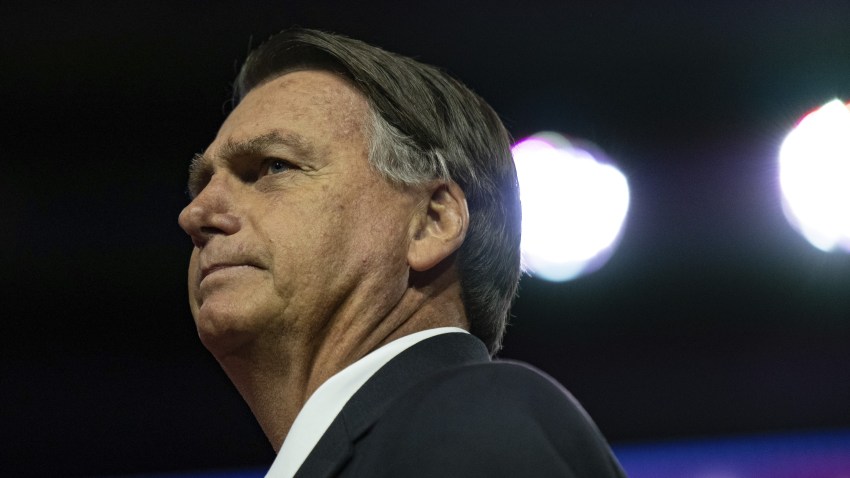Late last week, Brazil’s Supreme Court published documents demonstrating that the country came close to a military coup in late 2022, in the weeks after President Luiz Inacio Lula da Silva’s second-round election victory over then-President Jair Bolsonaro. Specifically, it appears that Bolsonaro attempted to plot with his defense minister and military commanders to issue a decree that would have called into question the electoral process in order to prevent Lula from assuming office. Former army commander Gen. Marco Antonio Freire Gomes testified that he pushed back against the president, even as the head of the navy, Adm. Almir Garnier, offered to support Bolsonaro and provide forces to assist the plan. Former air force commander Gen. Carlos de Almeida, who also testified that he argued against Bolsonaro’s plan, said that Freire Gomes’ opposition to it was key to ensuring the peaceful transition of power that ultimately took place on Jan. 1, 2023.
Bolsonaro’s efforts to undermine the credibility of the vote-counting process are already public knowledge, and the rumors that a military coup may have been in the works have been circulating since the transition occurred. But these documents reveal just how close Brazil came to a coup. We can never know how the coup attempt would have played out against Brazil’s other governmental institutions, the Brazilian public and the international community. It is quite possible it would have failed, given how Brazil’s Congress and the public rallied in favor of democracy after the Jan. 8, 2023, riots in Brasilia. Still, the fact that the determination of a single general helped prevent an extraconstitutional battle between democracy and dictatorship is far too close a call for a country that should be a consolidated democracy.
In late 2023, the hemisphere saw a different fight over democracy unfold, as allies of then-Guatemalan President Alejandro Giammattei maneuvered to prevent then-President-elect Bernardo Arevalo from taking office after his second-round election victory in August. Giammattei had spent much of the run-up to the first-round ballot in June banning candidates who were likely to try to tackle Guatemala’s rule by corrupt elites. After Arevalo’s surprise second-place finish in June, Giammattei attempted to derail his participation in the runoff through crooked means. Even after the votes were counted, the attempt to block Arevalo’s path continued down to the wire and even into overtime: Arevalo’s inauguration took place hours after the scheduled official swearing-in ceremony due to several last-minute, behind-the-scenes attempts to block him from taking office and his allies from taking control of Congress.

